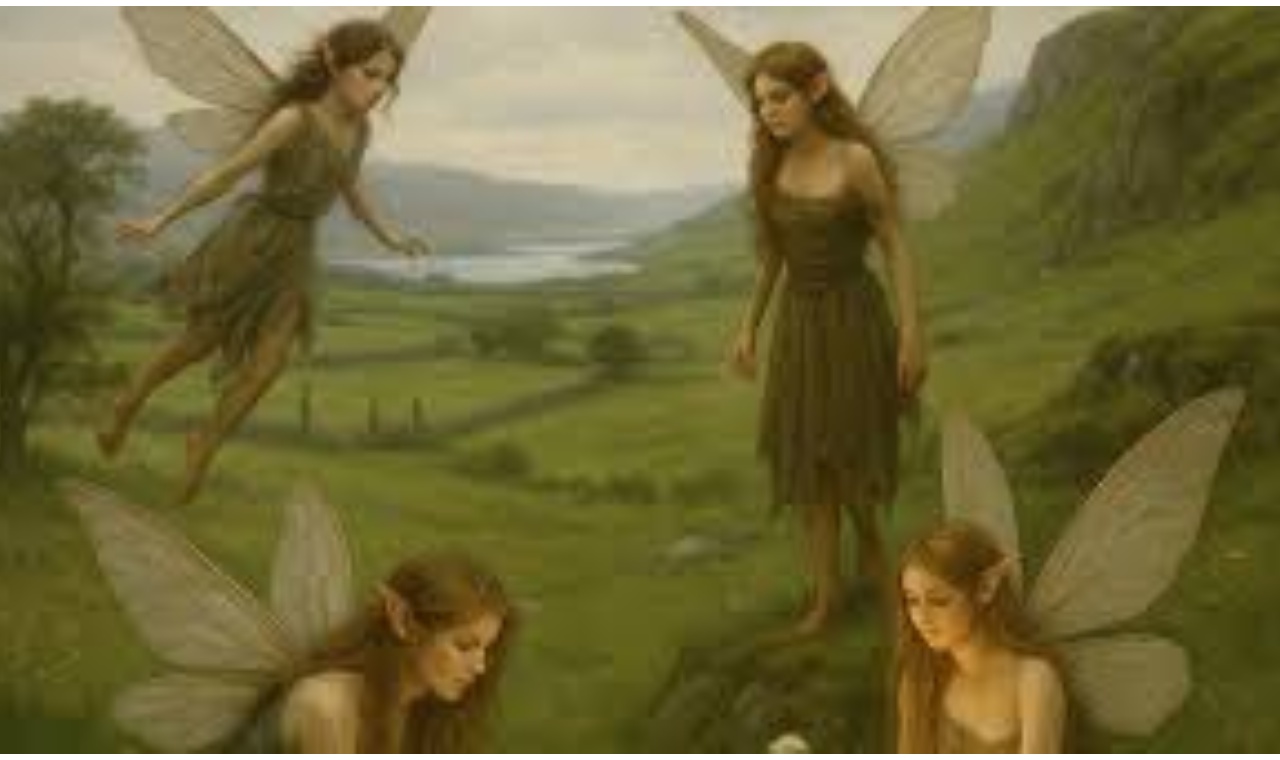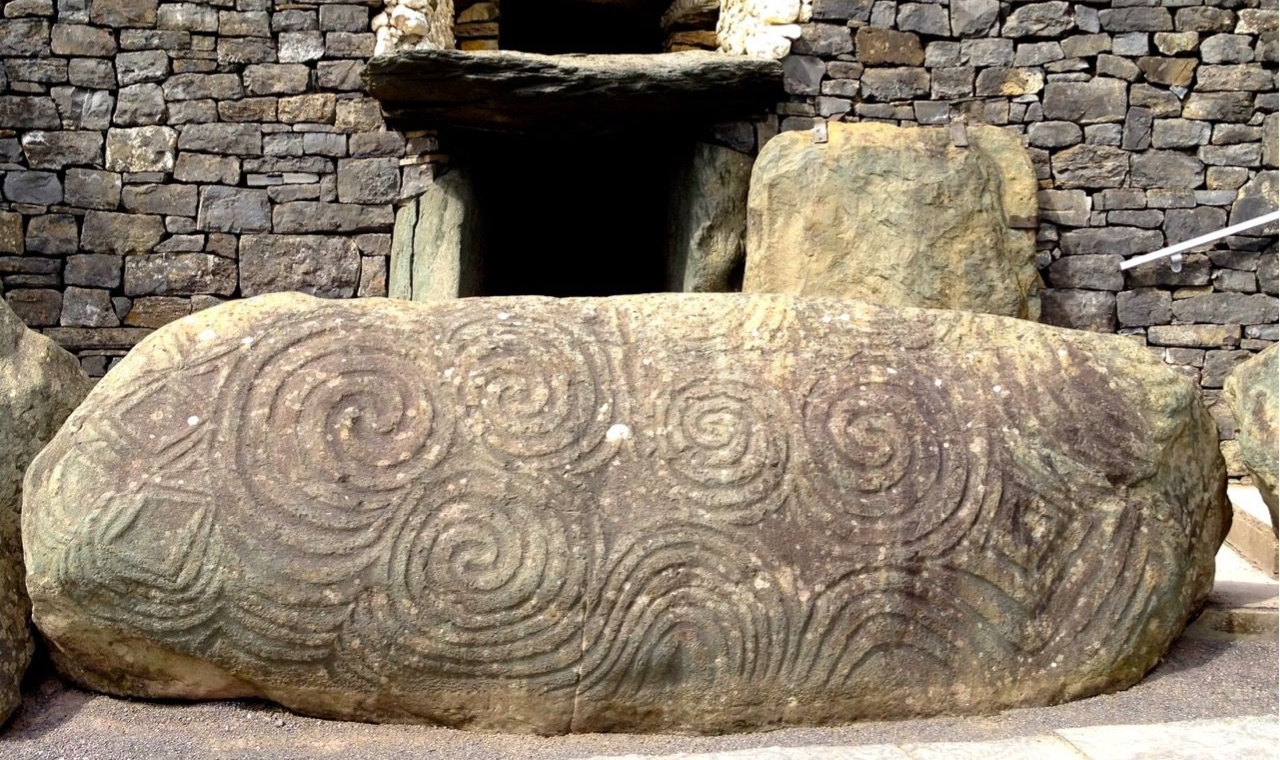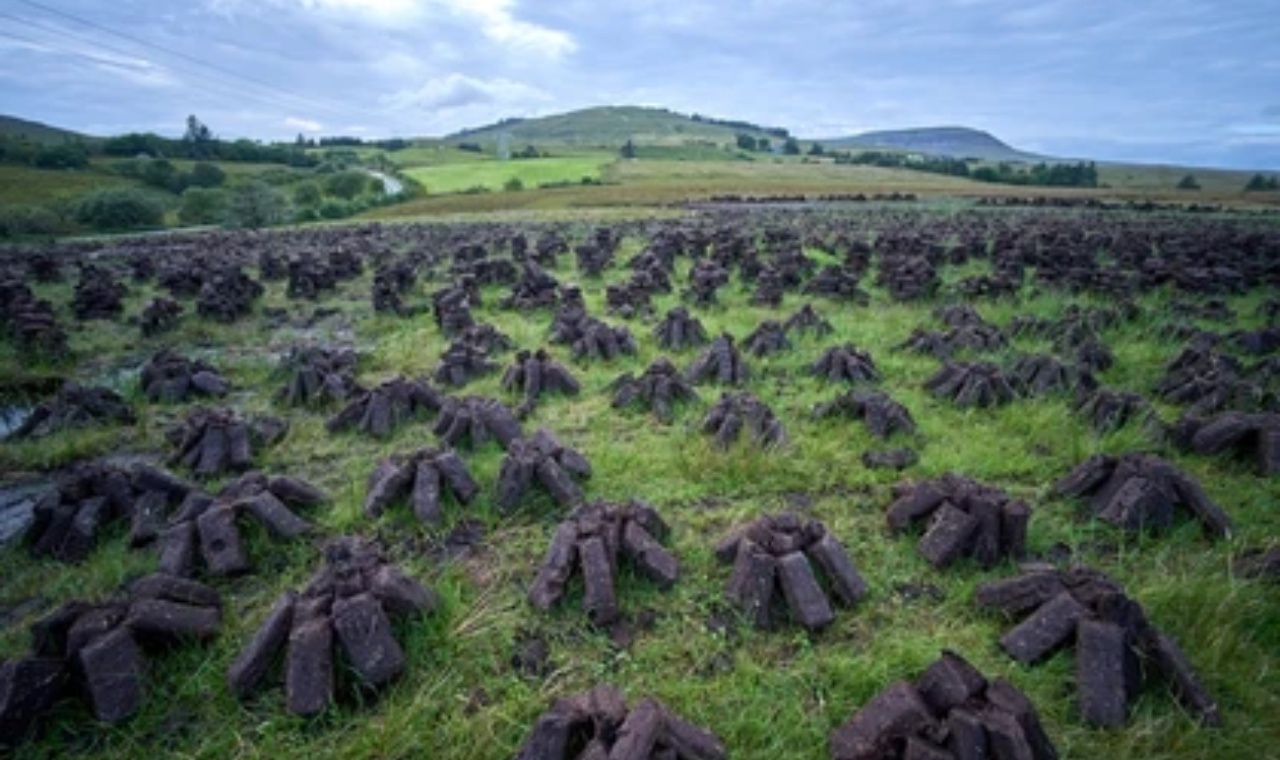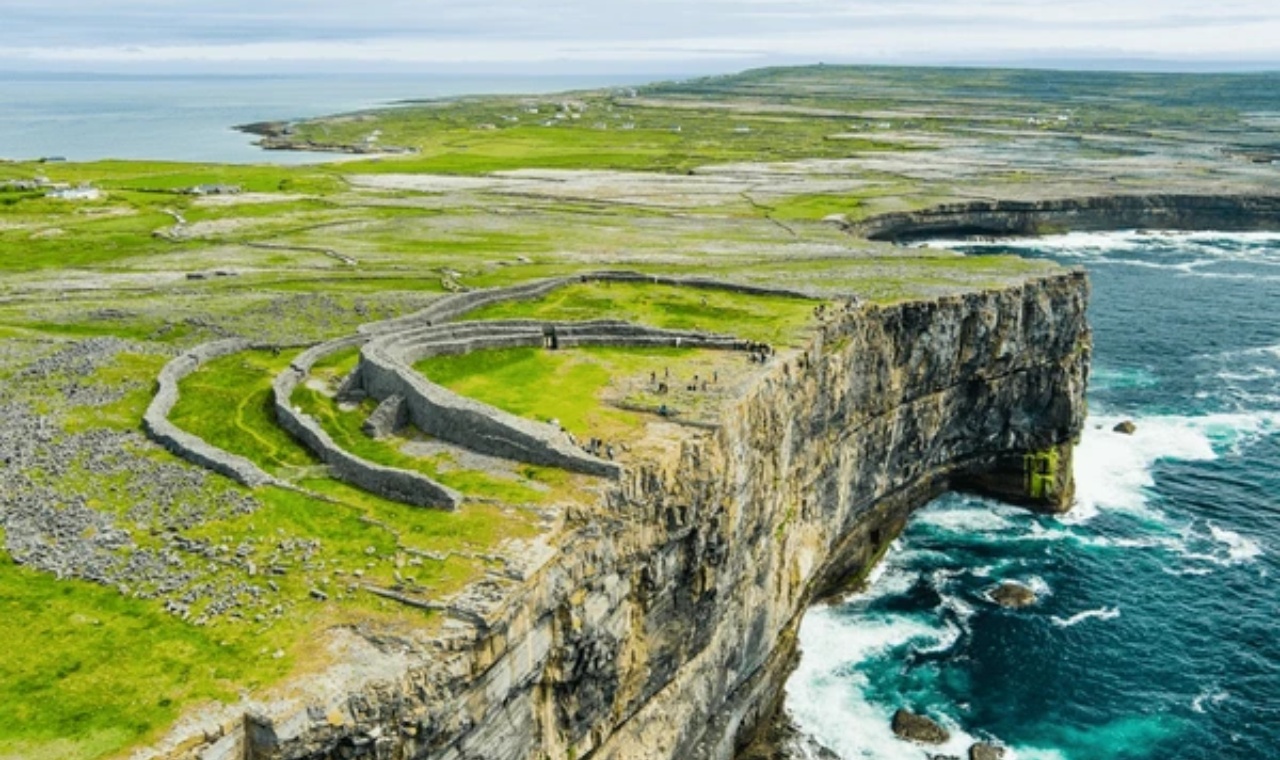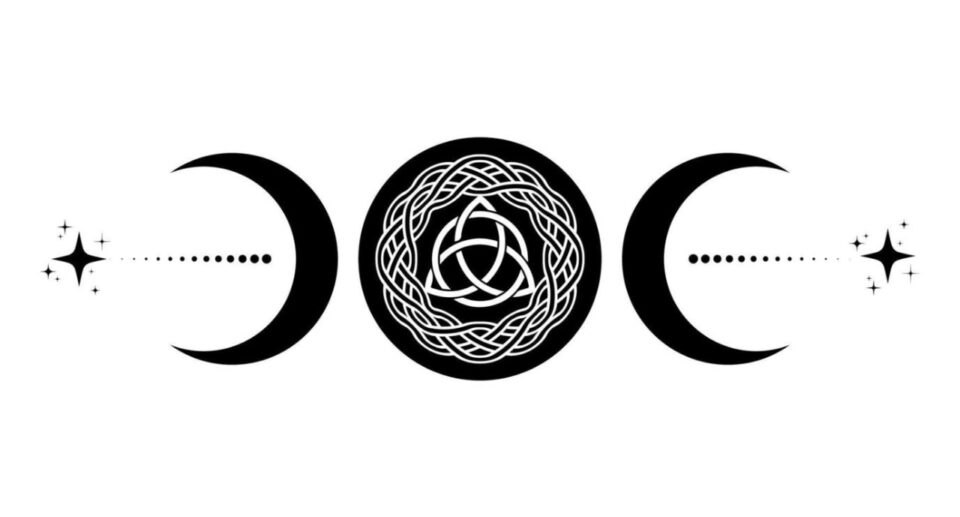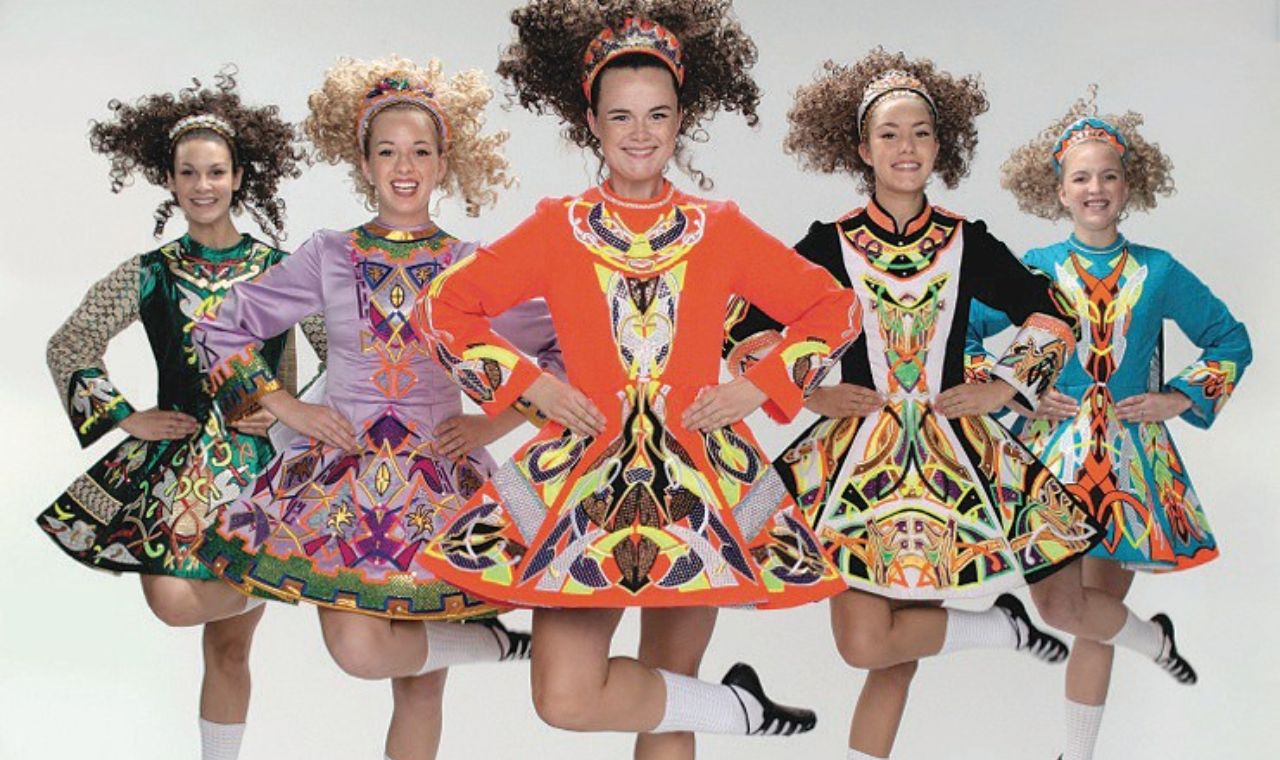The Blasket Islands Culture: Life at Europe’s Edge
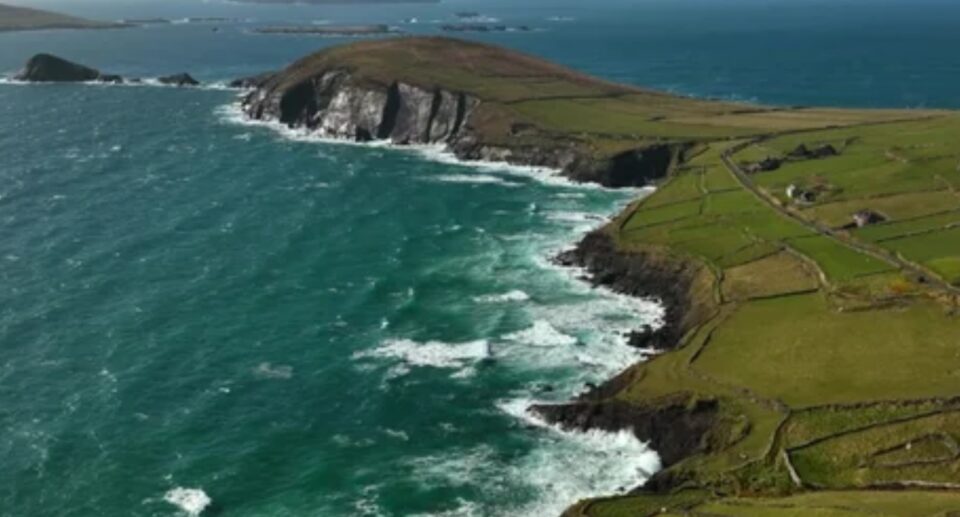
The Blasket Islands sit off the Dingle Peninsula in County Kerry. Wind and waves guard their wild beauty. These offshore villages once held a thriving community of Irish speakers, fishermen, musicians, and storytellers who lived closer to nature than most could imagine.
Their culture feels legendary today. Yet it shaped modern understanding of Irish identity and the survival of the Gaelic language.
Explore more Celtic culture stories
A Gaelic Heartbeat: Language as Daily Life
The Blaskets preserved Irish Gaelic long after other communities shifted toward English. Islanders spoke it at the hearth, in fishing boats, and while gathering turf. Their speech kept folklore alive rather than locked away in dusty libraries.
For more on Gaelic language heritage, visit:
https://celtguide.com/scottish-gaelic-bible-translations/
The language shaped how they saw the world. Words for sea, weather, animals, and kinship carried emotional weight.
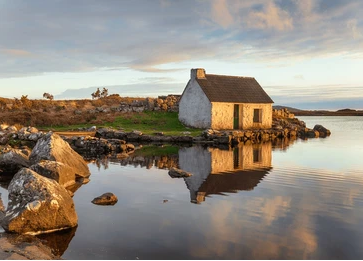
Storytelling Masters of the Atlantic
The Blasket Islanders became famous for their storytelling. Their oral tales described shipwrecks, fairies, hunger, and humor that danced through hardship.
It makes perfect sense that Ireland celebrates storytelling so deeply.
Connection: https://celtguide.com/why-are-irish-people-natural-storytellers/
Several locals wrote memoirs that preserve island life:
• Tomás Ó Criomhthain – An tOileánach (The Islandman)
• Peadar Ó Guilín – memories of fishing and family
• Micheál Ó Gaoithín – folk stories from the past
These books turned everyday islanders into literary legends.
Music, Dance, and Nightly Ceol
Despite isolation, celebrations thrived. Islanders played fiddle tunes and danced ceili steps on long winter nights.
Learn more about Irish music traditions:
https://celtguide.com/fiddle-music/
https://celtguide.com/ceili-bands/
Music helped people endure storms and loss. Every tune carried history forward, one gathering at a time.
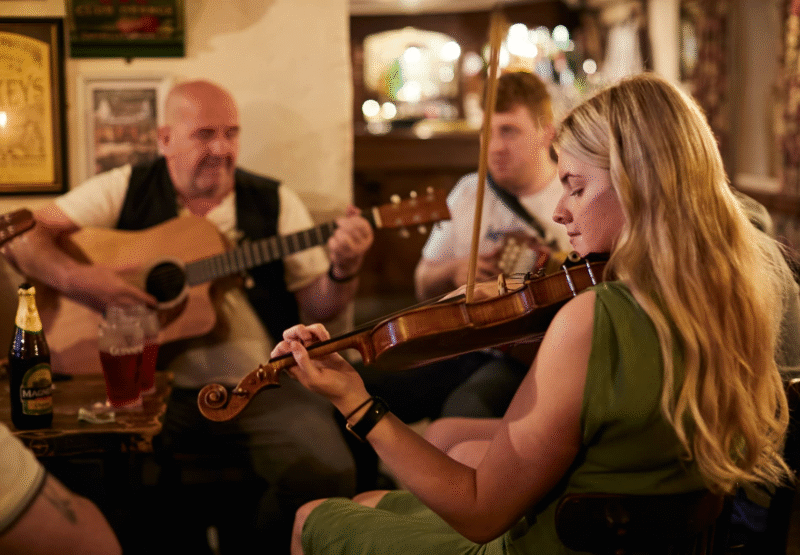
A Hard Life: Survival Against the Elements
The Atlantic gave food and danger in equal measure. Islanders fished for their living, farmed tiny fields, and gathered seaweed for fuel. Storms shaped their calendar more than clocks ever did.
The Irish experience of hardship also appears in stories of the mainland. Reading the Irish Potato Famine’s lasting influence helps frame that resilience.
Their strength shows how culture grows from courage as much as comfort.
Leaving the Island: The Final Chapter
By the mid-20th century, storms, isolation, and limited services forced families to leave. In 1953, the last residents evacuated the Great Blasket Island. Homes emptied, but the culture never faded.
Books, songs, and memories keep their stories in motion. Visitors walk among cottage ruins and sense lives that still whisper in the wind.
Planning a trip to Ireland’s west coast?
Explore nearby wonders like the Ring of Kerry

The Blasket Legacy
The Blasket Islands prove that small places hold enormous meaning. They protected Irish language, literature, and music when the world pushed for change. Today, their culture stands as a testament to spirit, community, and imagination.
Browse more Celtic culture stories in our Culture & Tradition section:
https://celtguide.com/category/culture-tradition/

